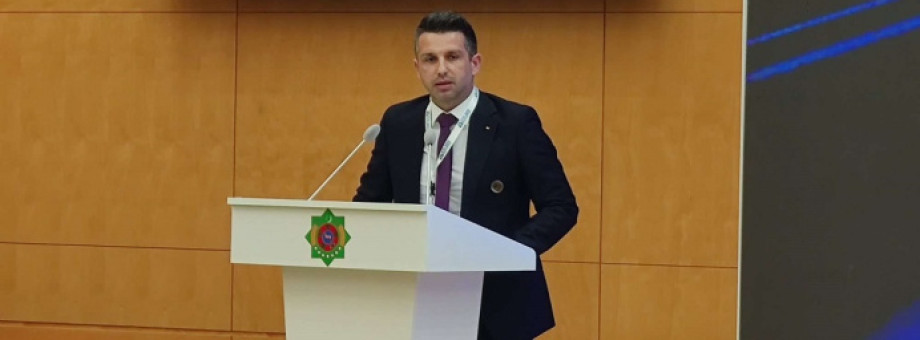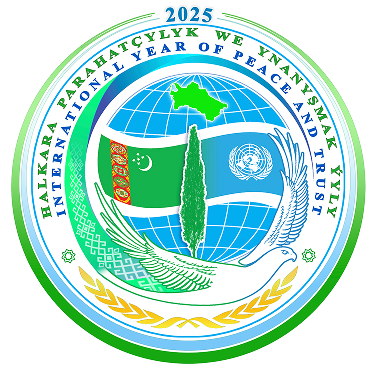Tariff reduction will increase freight traffic along the Europe-CA transport corridor

― In Ashgabat, I successfully negotiated with the government of Turkmenistan. We discussed specific issues of development of the Turkmen-Romanian cooperation in the transport sector. It was, in particular, about the abolition of the road permit, which is now issued by the road transport operator. This is an important step in building a bilateral partnership and demonstrating the openness and readiness of Turkmenistan and Romania to contribute to the development of transport corridors between Europe and Central Asia, - Adrian Fogis - State Secretary of the Ministry of Transport and Infrastructure of Romania, Coordinator working group for the implementation of the strategic project of the International transport route Black Sea - Caspian Sea began his speech at the Ashgabat transport forum ITTC-2023
He also noted that Turkmenistan and Romania were among the initiators to launch the international transport route Black Sea - Caspian Sea. Romanian experts are working with Georgia and Azerbaijan on the idea of creating a transport route that will not only provide rapid transit of goods, but will also connect Romania with other areas of the Middle Corridor and allow for a multimodal integrated approach. And in this regard, TRACECA will be the very integrating organization, Fogish said.
At present, the discussion and preparation of an intergovernmental agreement between Turkmenistan and Romania on the international transport route Black Sea - Caspian Sea is underway. The signing of the document will be an important step for all countries, and the agreement itself will be a solid basis for cooperation in the transport sector. We are talking about promising projects and investments necessary to ensure this transit corridor, the Romanian minister said.
Moreover, investment obligations apply to all countries - this will strengthen interstate and infrastructural ties, as well as allow the development of joint measures to eliminate "soft" or non-physical barriers. Including border control and the customs control procedure - at the moment, delays occur in these areas. Procedures need to be simplified, and this, in turn, will speed up the delivery of goods along the transport corridor.
Also, within the framework of the intergovernmental agreement, tariffs will be revised downward - this topic is of interest to both government agencies and private enterprises. The reduction in costs will increase the capacity of vehicles and reduce the delivery time of goods, the Minister of Transport of Romania said.


 STIRI
STIRI